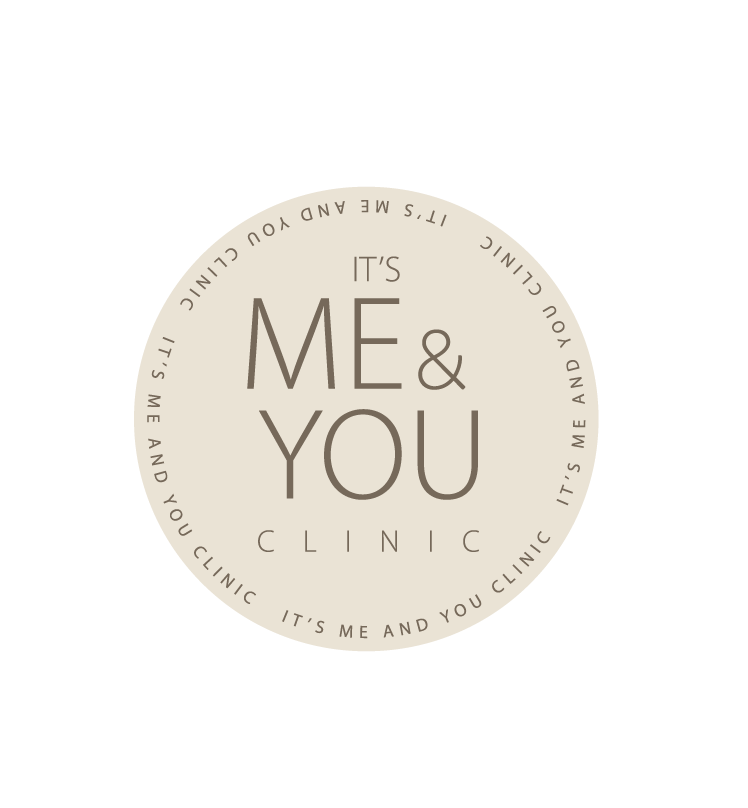Pregnancy is a transformative journey filled with excitement, anticipation, and sometimes, a few insecurities about changes in one’s appearance. It’s not uncommon for expectant mothers to wonder if certain cosmetic procedures, like lip fillers, are safe during pregnancy. In the UK, as in many other countries, the safety of elective procedures during pregnancy is a matter of concern and debate. In this article, we’ll explore the topic of getting lip fillers while pregnant in the UK, weighing the risks and alternatives for those considering such treatments during this special time.
The Safety Concerns
First and foremost, it’s essential to understand that there is a lack of comprehensive research on the safety of dermal fillers, including lip fillers, during pregnancy. Medical professionals often advise against elective cosmetic procedures during pregnancy, primarily due to the potential risks involved.
Potential Allergic Reactions
Lip fillers can contain various ingredients, and some individuals may be allergic to certain components. During pregnancy, a woman’s immune system can undergo changes, making her more susceptible to allergies. An allergic reaction during pregnancy could potentially harm both the mother and the developing fetus.
Infection Risk
Any cosmetic procedure involving injections carries a risk of infection. Pregnancy can affect the body’s immune response, potentially increasing the susceptibility to infections. An infection could have serious consequences during pregnancy.
Unknown Effects on the Fetus
Most importantly, the long-term effects of lip fillers on a developing fetus remain unknown. Many cosmetic substances can pass through the bloodstream and potentially affect the fetus, leading to unpredictable outcomes.
Medical Professional Recommendations
The consensus among medical professionals in the UK is to avoid elective cosmetic procedures, including lip fillers, during pregnancy. Doctors and dermatologists typically advise expectant mothers to prioritize their health and the health of their unborn child above any cosmetic concerns.
It’s crucial to have open and honest discussions with your healthcare provider if you are considering any cosmetic procedures during pregnancy. They can provide you with personalized advice based on your specific situation and medical history.
Alternatives to Lip Fillers During Pregnancy
If you are concerned about the appearance of your lips during pregnancy and are considering lip fillers, there are safer alternatives to achieve the look you desire:
Temporary Lip Plumpers
Many over-the-counter lip products can temporarily enhance lip volume without the need for injections. These products often use safe ingredients like hyaluronic acid to provide a fuller appearance.
Makeup Techniques
Skilled makeup application can work wonders in creating the illusion of plumper lips. Lip liners, lipsticks, and lip glosses can be used strategically to enhance your lip shape.
Lip Care
Taking good care of your lips can make a significant difference in their appearance. Regularly moisturize your lips to keep them soft and healthy. Hydrated lips often appear fuller.
Consultation Post-Pregnancy
If you’re set on getting lip fillers, it’s generally recommended to wait until after pregnancy and breastfeeding, if applicable. Once you’re no longer pregnant or breastfeeding, you can consult with a qualified practitioner to discuss your options safely.
Legal Considerations
In the United Kingdom, the cosmetic industry is regulated by various laws and regulations to ensure patient safety and uphold ethical standards. However, the legal landscape regarding cosmetic procedures during pregnancy is nuanced:
General Regulations
The practice of administering dermal fillers, including lip fillers, falls under the regulation of the Care Quality Commission (CQC) in England, Healthcare Inspectorate Wales (HIW) in Wales, Healthcare Improvement Scotland (HIS) in Scotland, and the Regulation and Quality Improvement Authority (RQIA) in Northern Ireland. Practitioners and clinics providing such treatments must adhere to these regulatory bodies’ guidelines.
Age Restrictions
There are typically no legal restrictions on the age at which one can receive lip fillers in the UK. However, practitioners are expected to exercise discretion and assess the suitability of patients, considering factors such as age and medical history.
Informed Consent
Legally, patients must provide informed consent before undergoing any cosmetic procedure. This includes being informed about potential risks, benefits, and alternatives. The decision to undergo lip fillers during pregnancy should be based on a thorough understanding of these factors.
Ethical Considerations
While there may not be explicit legal restrictions on lip fillers during pregnancy, ethical concerns come into play:
Patient Autonomy
Ethical principles dictate that patients have the right to make decisions about their bodies, including choosing to undergo cosmetic procedures. However, practitioners must ensure that patients make informed choices and consider potential risks to both the mother and the fetus.
Harm to the Fetus
The primary ethical concern surrounding lip fillers during pregnancy is the potential harm to the developing fetus. Practitioners must balance a patient’s desire for cosmetic enhancements with the obligation to avoid procedures that could endanger the health of the baby.
Transparency and Honesty
Ethical practitioners should be transparent about the limitations of their knowledge regarding the effects of lip fillers on pregnancy. They should provide honest and clear information to help patients make informed decisions.
Psychological Well-being
Ethical practitioners should also consider the psychological well-being of their patients. Pregnancy can be a time of heightened emotional sensitivity, and practitioners should be attuned to the emotional needs and motivations of their patients.
Postpartum Considerations
Practitioners should discuss the potential impact of lip fillers on the patient’s postpartum experience. Will the patient’s expectations change after giving birth? Will they have the necessary support to cope with potential physical changes during and after pregnancy?
Conclusion
The safety of getting lip fillers during pregnancy in the UK is a topic of concern due to the potential risks and the lack of comprehensive research on the matter. While some individuals may choose to undergo cosmetic procedures during pregnancy, it’s crucial to prioritize the health and well-being of both the mother and the unborn child.
Medical professionals typically advise against elective cosmetic procedures during pregnancy and recommend exploring safer alternatives such as temporary lip plumpers, makeup techniques, and lip care. If you have specific concerns or desires related to lip enhancements, it’s advisable to consult with a healthcare provider and a qualified practitioner once you are no longer pregnant or breastfeeding.
Ultimately, the decision to get lip fillers during pregnancy should be made with careful consideration of the potential risks and after consulting with trusted medical professionals. Your health and the health of your baby should always come first during this special time in your life.
- Can You Have Hyaluronic Acid Fillers When Pregnant - October 4, 2023
- How Much Are Lip Fillers London - September 27, 2023
- Can You Have Lip Fillers When Breastfeeding - September 20, 2023

